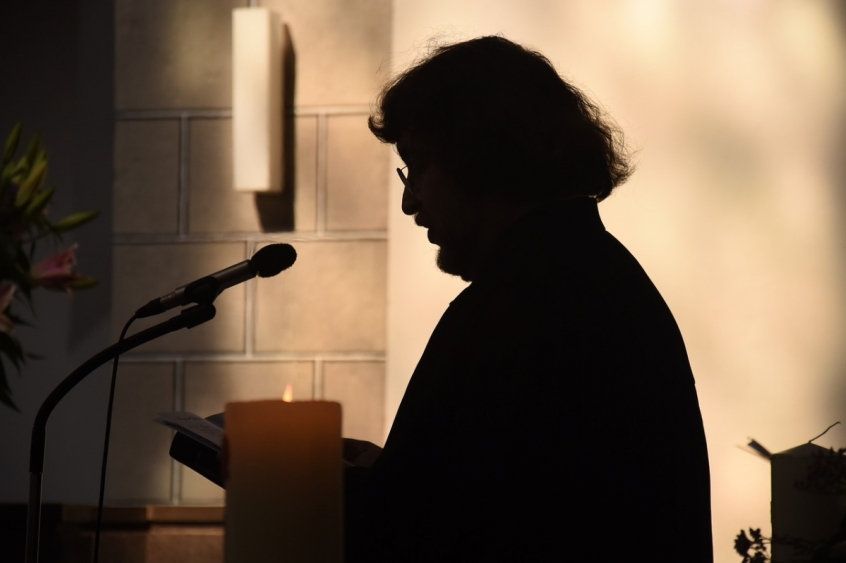It was drummed into our heads week by week as we eager, budding preachers sat week by week in our preaching class:
Context. Context. Context.
And then, 20 later, as a homiletics lecturer myself teaching a new generation of would-be preachers, I repeated the mantra that had been passed on to me.

And of course, my predecessors were right. And so I was I. It's Preaching 101. If you want people to engage with the text, you need to know not only what the text means, but also how it functions. If I want my congregation to grapple with the text, I need to help them see how everything holds together, rather than thinking that each biblical passage stands alone in isolation.
But despite all this careful work, there is a sobering thought that I need to be aware of. I can do all this thinking about the context of the text and miss the context of my listeners completely. At least sometimes.
At other times, I am only too aware of the context of my listeners. When I am preaching about marriage, or suffering, or stress, generally I know who this will be relevant for. On Sundays like this, the congregations context really matters.
But if I can be super-alert to the context of my listeners on some Sundays, why can that concern be so sporadic? Why might I not be aware of the internal office politics that someone is navigating superbly when I am preaching about cross-shaped leadership? How did I miss the fact that someone has to juggle staff redundancies when I am preaching about grace? How did I overlook the economic pressures of a one-woman business when I was preaching about Mammon and generosity? Sometimes it is just too easy to forget people's wider context.
Deep down, I believe that our churches are great at caring for one another pastorally, ensuring that we are a healing community, able to help one another thrive and feel accepted. But at the same time, deep down, I believe that most of our churches have not been strong in equipping one another for the lives they live away from their church communities.
And that's happened because we have not kept in mind the whole-life context of our hearers as a matter of course.
How can we change that? How can we preach with people's whole lives in view?
1. You can make it your practice to ask. Once I know where people are, I am able to ask questions that might give me greater understanding of their own pressure points as well as the opportunities they have to serve God there. I need to be able to ask in a way that goes past the superficialities of 'How's work?' 'Oh, you know, stressful.' And I have to do it without being intrusive or inappropriate.
To do this, there is probably nothing better than actually visiting someone's frontline location. It's the most daunting thing for most, but the most rewarding for all. You see the physical space. You become aware of the verbal interchanges. You get a real sense of the culture. And that does influence your preaching. You preach with different physical spaces in your mind's eye.
2. You can give time for people to share their stories of their contexts. We have found that TTT (This Time Tomorrow) opens up wholesale changes in churches. The opportunity to hear from one another as we ask the questions: Where will you be this time tomorrow? What will you be doing? Who will be there? What can we pray for? TTT is not only an exercise in congregational awareness, the stories become fodder for the preachers wanting to understand where people are in their daily lives. It's a five-minute exercise that can change a whole culture in a church.
3. Finally, so many people have told me that they do not expect the preacher to be an expert in their field. All they are asking for is some awareness that some of the issues and the different contexts are known. We all want to know we have been heard and valued.
When I was learning to preach, I got to grips with the context of the text by spending time and doing the hard work of trying to see what the biblical writers were doing. My teachers were right to point to context as being crucial. The problem was that we just never went far enough. It's not just the context of the text that's important, it's the context of the hearers. And that demands just as much care and attention.
Whole Life Preaching is a six-part video series on the power of preaching for everyday life from the London Institute for Contemporary Christianity (LICC).
Neil Hudson is LICC's Imagine Project director.













